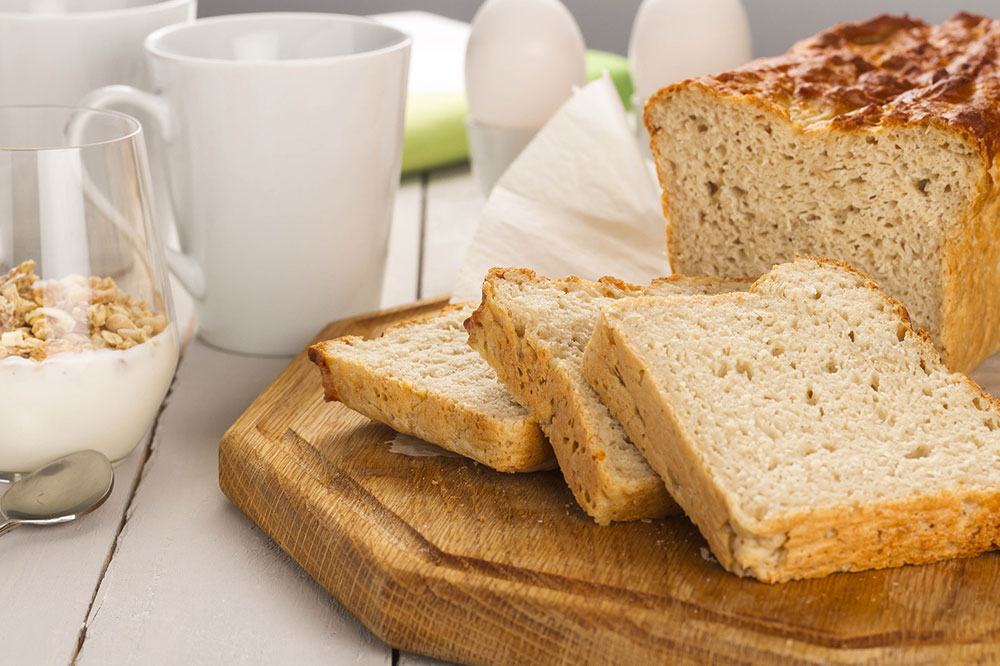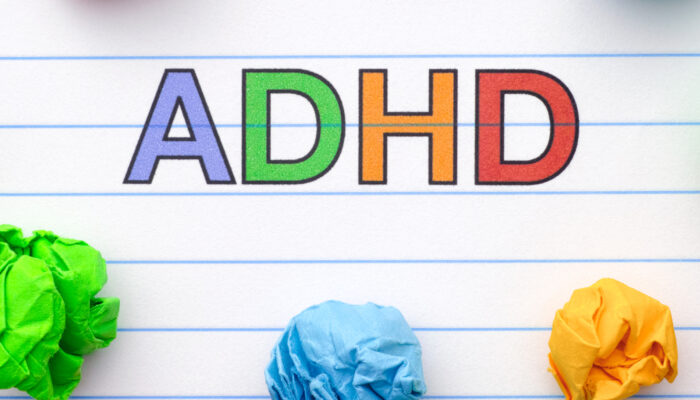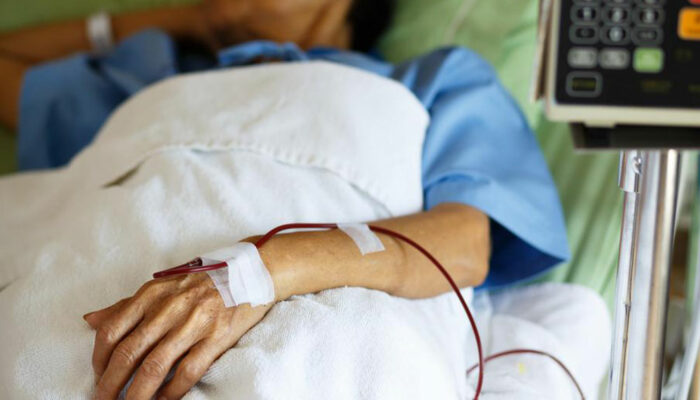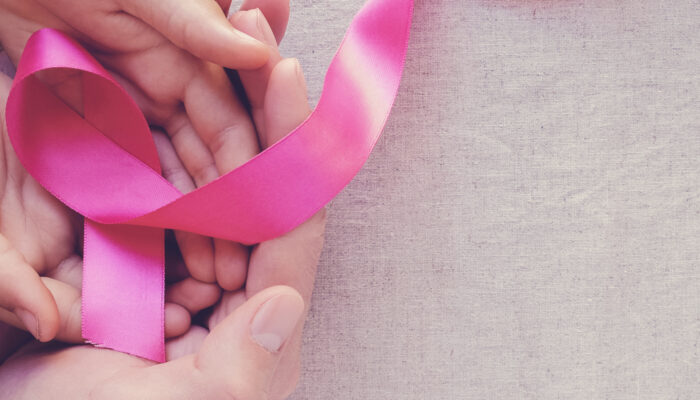
Dietary Mistakes IBS Patients Should Avoid
Patients of irritable bowel syndrome are usually diagnosed with the condition after several years of experiencing the symptoms. Many have symptoms like diarrhea, constipation, bloating, belching, and indigestion. IBS, when left untreated for long, can disrupt personal and work life. Even after a diagnosis, many experience flare-ups due to a few common dietary mistakes made when suffering from IBS:
Not having the right knowledge
Although many myths surround which foods to eat and avoid, it is important to note that these foods may differ from one person to another. Certain foods that trigger the symptoms of IBS in one person may not lead to the same in others, and the same holds for foods that bring relief from the symptoms. Following a diet prescribed by the doctor after a diagnosis is the best way to prevent flare-ups, and one can also maintain a journal to keep a note of what they eat and drink every day. This can help them identify the trigger foods and avoid them by following a personal elimination diet.
Not eating the right food
In reality, many people do not follow a strict IBS diet and generally consider that low-FODMAP foods are safe for consumption. Also, it is common knowledge that deep-fried foods and processed foods trigger IBS, but eating them is a common dietary mistake made when suffering from IBS. Following an IBS diet is important, as the condition affects the way a person thinks. Many people have lost great career opportunities due to the symptoms of IBS. As the adage goes, we are what we eat. So, it is wise to follow a strict diet, at least until the doctor says otherwise.
Not eating at the right time
The third common dietary mistake made when suffering from IBS is not maintain proper and regular mealtimes. Many people diagnosed with IBS have irregular eating habits, which disturbs the body’s biological clock. Many disorders like ulcers and irregular bowel movements occur due to people not eating on time. Regularity is a necessity to maintain healthy eating habits, and it also promotes healthy sleep patterns. Eating breakfast between 6 am and 8 am is necessary as the metabolic activities in digestive juices are at a peak at this time. Similarly, eating a wholesome lunch between 11 am and 1 pm and dinner just before 6 pm is recommended for the best results.
Not drinking enough water
Another common dietary mistake made when suffering from IBS is not drinking adequate water to stay hydrated. Water clears the bowels and promotes metabolism and hunger. Drinking 8-12 glasses of plain water is highly crucial for the body to work efficiently. Doctors note that many people have to be advised to drink enough water due to the invention of energy drinks and colas, but these caffeinated drinks and alcohol dehydrate the body.



